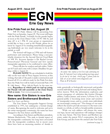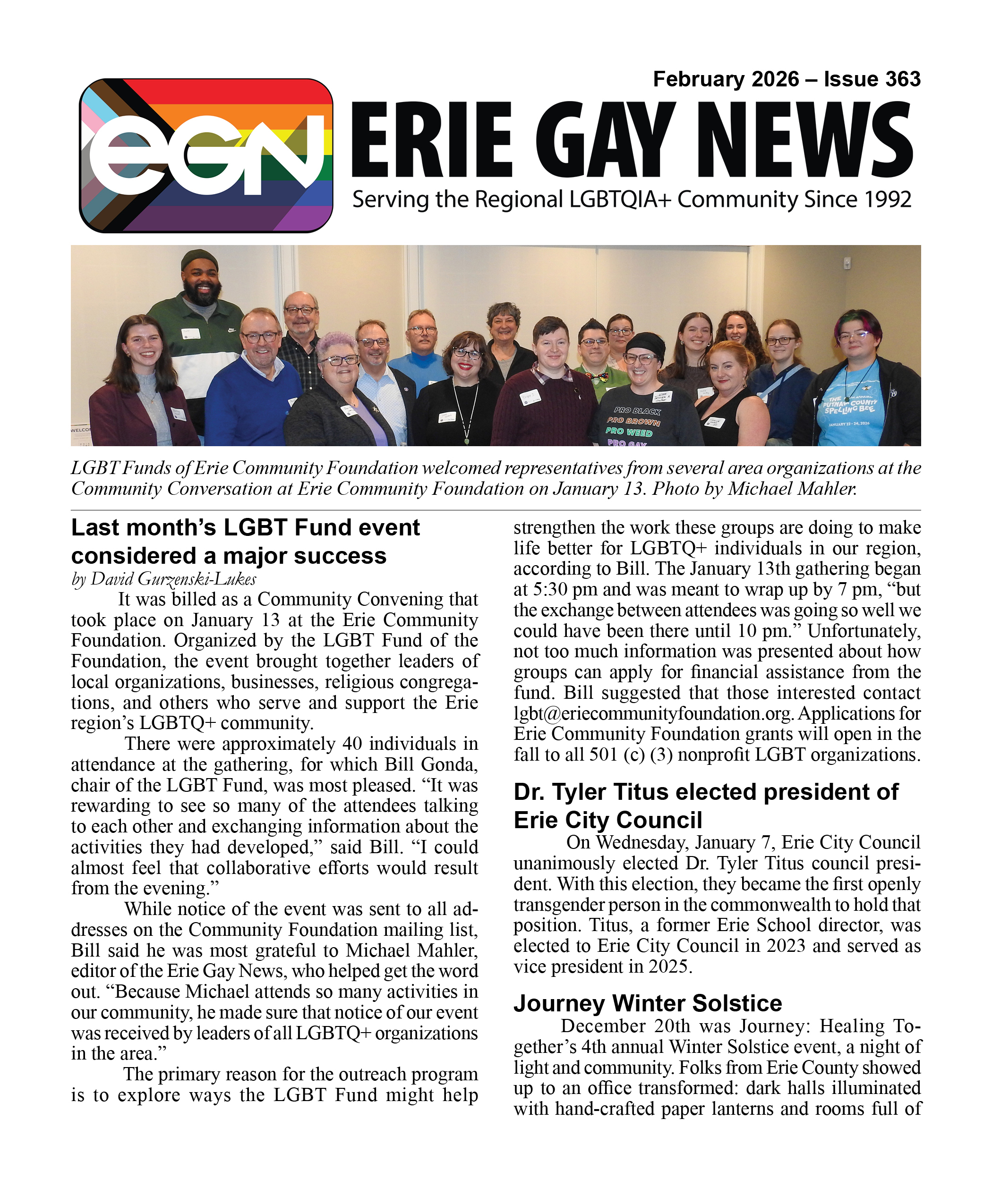AHF: Colorado's Success With Long-Term Birth Control Suggests Similar Path for More Effective HIV Prevention
LOS ANGELES (July 10, 2015) — On the heels of news that scientists have created the first subdermal implant to deliver antiretroviral drugs to prevent or treat HIV, Colorado health officials recently reported that making free intrauterine devices and implants available to women has drastically reduced teenage pregnancy and abortion rates in the state. According to a July 5th New York Times article, the Colorado Department of Public Health and Environment found that after launching its Colorado Family Planning Initiative in 2009 to offer free, long-acting contraception to residents, the abortion rate fell by 42% and the teenage birth rate fell by 40% from 2009 to 2013.
"The New York Times drew attention to an important fact by pointing out that these long-acting birth control methods have been effective because they do not require a woman to take action to work," said AIDS Healthcare Foundation President Michael Weinstein. "Likewise, we remain encouraged by the results in Colorado and its implications for how effective a long-acting shot or implant to deliver PrEP could be in preventing new HIV infections."
Funded by a private grant from the Susan Thompson Buffett Foundation, Colorado officials provided the free intrauterine devices and implants to over 30,000 residents and say the state avoided $80 million in Medicaid costs they would have otherwise paid to care for new mothers and their children.
First published in Antimicrobial Agents and Chemotherapy in April, scientists from the Oak Crest Institute of Science reported they created the first subdermal implant that delivers antiretroviral drugs for up to 40 days to prevent or treat HIV. The device is currently undergoing animal studies and has yet to be approved by the U.S. Food and Drug Administration (FDA).
AIDS Healthcare Foundation (AHF), the largest global AIDS organization, currently provides medical care and/or services to over 437,000 individuals in 36 countries worldwide in the US, Africa, Latin America/Caribbean, the Asia/Pacific Region and Eastern Europe. To learn more about AHF, please visit our website: www.aidshealth.org, find us on Facebook: www.facebook.com/aidshealth and follow us on Twitter: @aidshealthcare and Instagram: @aidshealthcare



